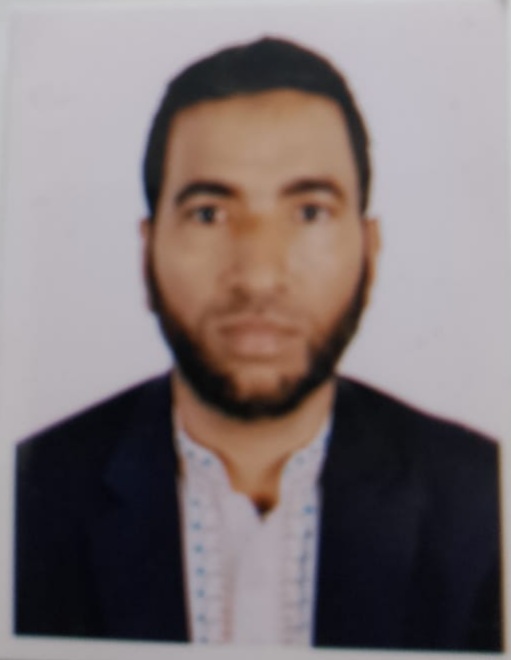
DHAKA, Aug 24, 2024 (BSS) - Md Mosleh Uddin, a laundryman, was brutally killed by law enforcement agency members' gunfire on the Rampura-Demra road near Atik Mosque behind Bangladesh Television (BTV) in the city's Rampura area on July 19 during the anti-discrimination movement.
But no one inquired about Mosleh Uddin's family since he was killed in the movement.
Mosleh Uddin was running a laundry (Madina Laundry) in the lane of Atik Mosque at Block-A of the Banasree residential area in the capital. On July 19 (Friday), he closed his shop and offered the Jum'ah prayers at Atik Mosque.
At that time, thousands of students under the banner of the anti-discrimination movement were protesting on the Rampura-Demra road. At that point, law enforcement personnel were indiscriminately firing bullets and tear gas at the protesters from BTV end when the protesters on the road and the worshippers, who had just finished their Jum'ah prayers at the mosque were trying to go home, merged together on the road.
At one stage, a bullet fired by law enforcement agency member from BTV end hit Mosleh Uddin's chest. Local people rushed him to Banasree Farazi Hospital, where the duty doctor declared him dead.
Mosleh Uddin was the son of late Hanif Mia of Gajaria village in Lalmohan upazila of Bhola district. His wife, Nasrin Akter, is expecting a baby while they have a 10-year-old differently-able son named Afran.
Mosleh Uddin was running his family by operating the laundry shop.
Talking to BSS, Nasrin Akter said that Mosleh Uddin was buried at the Purba Rampura Mollabari Niribili Graveyard without any postmortem and filing case as the police station was ineffective at that time due to students' demonstration.
Mosleh Uddin had been living with his family at a rented house with the number 250, Zaker Gali in East Rampura.
Due to the turmoil situation in the country, Nasrin said it was not possible to take the body of Mosleh Uddin to his village in Lalmohan upazila of Bhola district.
She said no one went to her house to inquire about her family since her husband embraced martyrdom.
Nasrin said her husband Mosleh Uddin took a loan of Taka 300,000 to start the laundry shop and get treatment for his ailing son. Pregnant Nasrin is now bewildered about her future.
A medical officer of Farazi Hospital confirmed the death of Mosleh Uddin from gunshot injuries and said on July 19 about 200 people went to the health facility for treatment with bullet wounds. Locals said Mosleh Uddin was very pious, polite and an innocent person.
The general students had been carrying out the movement seeking reform to quota in the public services. The last Awami League government had engaged the leaders and activists of its student wing Bangladesh Chhatra League to contain the movement instead of solving the issue logically.
Additionally, the law enforcement agencies had taken tougher stance to control the student movement with an iron hand. In continuation of the protest, Abu Sayeed, an English Department student of the Rangpur Begum Rokeya University was killed in police firing on July 16 last which ignited the students and general people alongside the anti-discrimination movement. A total of six people were killed in different parts of the country on that day.
The movement in phases had turned into a one-point movement that was to dislodge the AL government. Over one thousand people were killed in gunshots by AL supported cadres and law enforcement agencies of the government to stop the nationwide movement. Several police personnel had also been killed at the public wrath. Several thousands of people with bullet wounds have been undergoing treatment at different hospitals.
Ousted Prime Minister Sheikh Hasina had to flee the country in face of the "red movement" and "Bangla Spring" by the students, pro-democratic political parties, masses of different classes and professions and commoners. Shortly, the last parliament was dissolved. Later, a 17-member interim government led by Nobel Laureate Dr Muhamad Yunus was sworn-in on August 8.
Various organizations are now carrying out movements demanding trial of those involved in different irregularities, corruptions, misrules, killings, mass killings and forced disappearances during the tenure of the last government.